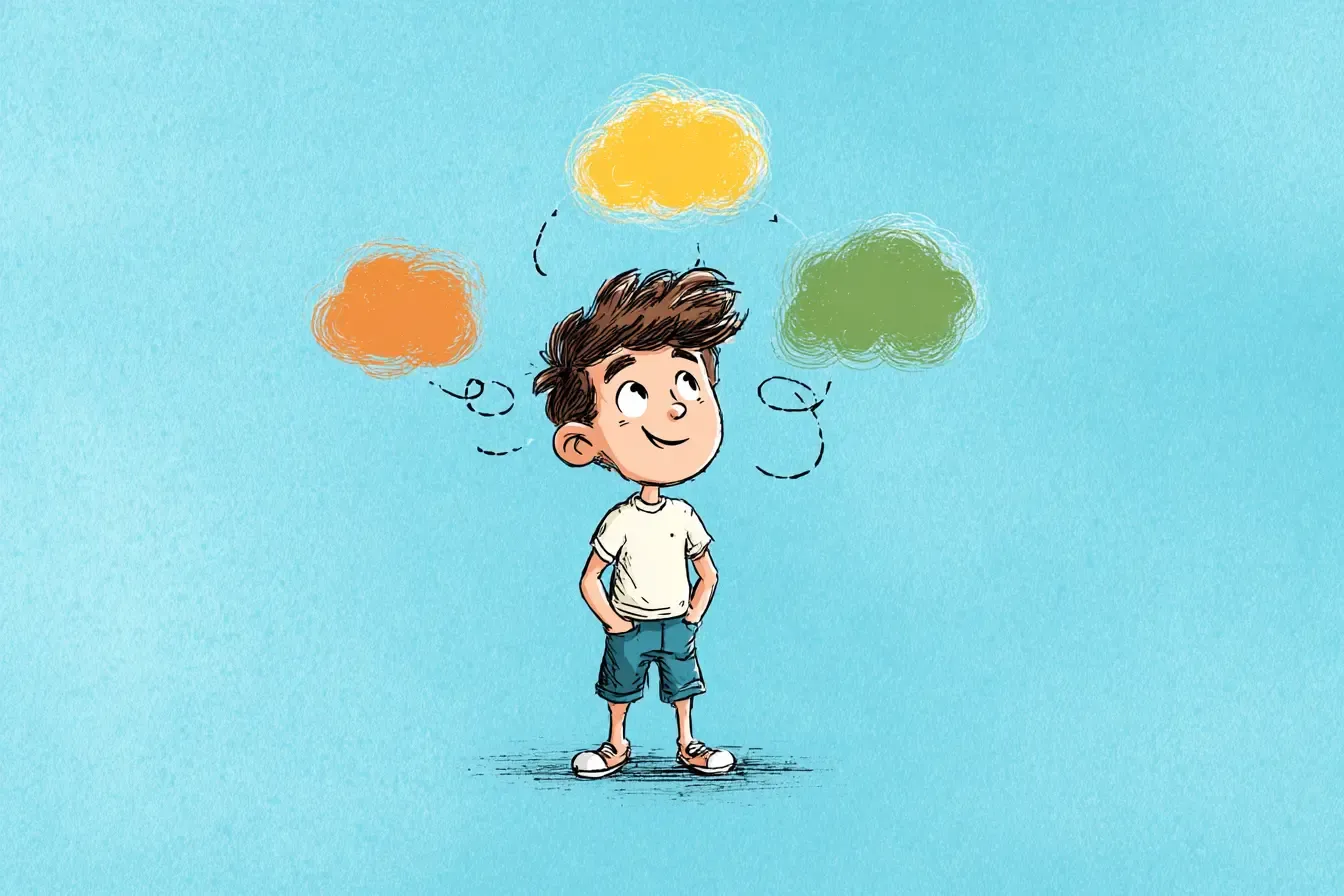Learning a new language is one of life’s most fulfilling challenges. Whether you’re gearing up for global travel, expanding career opportunities, or simply seeking personal growth, starting with a language that complements your background can make the process smoother. So, what are the easiest languages to learn if your native tongue is English? Let’s dive in and explore why certain languages are more accessible and how to approach them effectively.
What Makes a Language Easy or Hard to Learn?
Not all languages present the same level of difficulty. Some are more approachable due to their structure, sounds, and cultural ties. Before diving into the top 10 easiest languages, let’s break down what makes a language easier or harder for English speakers:
Linguistic Connections and Shared Vocabulary
Languages that share historical roots with English, such as those in the Germanic or Romance families, often have familiar vocabulary. These shared words, known as cognates, make learning new terms faster and more intuitive.
Straightforward Grammar
Simplicity in grammar is another key factor. Languages with consistent rules, minimal exceptions, and logical sentence structures are much easier to grasp for beginners.
Pronunciation Familiarity
If a language’s sounds align closely with those in English, it’s easier to learn how to speak and understand. Clear, phonetic spelling can also be a huge advantage.
Exposure Through Culture and Media
Accessibility to films, books, music, and other media in the target language can greatly enhance learning. Regular exposure helps learners internalize vocabulary and expressions naturally.
The Top 10 Easiest Languages to Learn
Here’s the ultimate list of languages that won't break your brain or your schedule:
1. Spanish
Is Spanish the easiest language to learn? Many believe so, and for good reason. Spanish has straightforward pronunciation, consistent spelling rules, and a grammar system that mirrors English in many ways. Plus, with millions of speakers worldwide, it’s the easiest second language to learn for practical, everyday use.
2. French
French shares a significant amount of vocabulary with English due to historical ties. While the pronunciation can be tricky at first, the grammar is logical, and the cultural immersion opportunities (think movies, songs, and cuisine) are endless.
3. Italian
Italian is beloved for its musicality and straightforward grammar. It’s an excellent choice for those who love art, history, and cuisine. Many words are similar to English, making vocabulary acquisition easier.
4. Portuguese
Closely related to Spanish, Portuguese is another language with a global reach. Brazilian Portuguese, in particular, is widely spoken and full of vibrant cultural touchpoints.
5. Dutch
Often called "English’s cousin," Dutch has simple grammar and plenty of shared vocabulary. It’s the fastest language to learn among the Germanic languages due to these similarities.
6. Norwegian
Norwegian stands out for its logical grammar and straightforward pronunciation; it is one of the easiest languages to speak. Bonus: mastering it gives you a head start with other Scandinavian languages.
7. Swedish
Swedish is very similar to Norwegian, with simple sentence structures and familiar sounds. Watching Swedish TV series can make learning even more fun and engaging.
8. Afrikaans
This language, derived from Dutch, has a simplified grammar system with no verb conjugation for tense. Its practicality and phonetic spelling make it one of the easiest foreign languages.
9. Danish
While its pronunciation might pose challenges initially, Danish grammar is straightforward. Mastering it gives you access to a rich cultural heritage.
10. German
Though it might not seem "easy" at first glance, German has logical grammar rules and is highly structured. The vast resources available for learning German make it one of the quickest languages to learn once you commit.
Is English the Easiest Language to Learn?
From a global perspective, is English the easiest language to learn? The answer depends on who you ask. For many, English’s extensive vocabulary, irregular grammar rules, and peculiar spelling can make it tricky to master. However, English benefits from being one of the most widely taught and accessible languages in the world.
With abundant learning resources like movies, music, podcasts, and apps, non-native speakers can immerse themselves in English more quickly than in most other languages. Its global prevalence means you’re never short of opportunities to practice, making it relatively approachable despite its quirks. In short, while English might not be the easiest language to learn, its widespread availability and practical usefulness make it one of the most rewarding languages.
How to Learn a Language Effectively
Now that we’ve identified which languages are easier to start with, let’s explore the best ways to master them. Your learning method can significantly impact your success and enjoyment, so here are some practical approaches to consider.
Corporate Language Learning Programs
If your goal is to use your new language in a professional setting, corporate language learning platform is an excellent option. These programs are specifically designed for professionals and offer:
- Practical vocabulary: Tailored to business contexts, ensuring your language skills are career-relevant.
- Structured lessons: Adaptive schedules that fit into a busy workday.
- Interactive feedback: Tools that provide real-time corrections to help you improve quickly.
Immersion: The Natural Way to Learn
Immersion is one of the most effective strategies for those who prefer a more organic approach. Dive into the language through:
- Media Exposure: Watch movies, listen to podcasts, or follow TV shows in your target language. For example, Spanish and French are widely available in global media, making immersion accessible and fun.
- Travel: Spending time in a country where the language is spoken allows you to practice in real-life scenarios.
Immersion helps you absorb vocabulary, grammar, and cultural nuances, enriching the learning experience.
Apps and Online Resources
For a flexible, self-paced approach, consider language-learning apps and websites. Many apps offer gamified lessons, vocabulary drills, and conversation practice, making them perfect for daily use. For example, the EWA app allows you to fit short lessons into your routine, making steady progress over time.
Language Exchange and Community Learning
Another effective method is connecting with native speakers through language exchange programs or community meetups. These experiences allow you to practice speaking in a low-pressure environment while learning about the culture. Platforms like Tandem or HelloTalk pair you with language partners worldwide.
Consistency Over Perfection
No matter the method you choose, consistency is key. Even the easiest language to learn for English speakers still requires effort and regular practice. Aim for short, focused sessions daily — just 10-15 minutes can make a significant difference. Combine structured lessons with casual exposure to create a balanced learning approach.
English might seem like an uphill battle for non-native speakers with its irregular spelling and exceptions. But for English speakers, learning another language can be far less daunting — especially if you choose wisely. From Spanish to Swedish, the easiest second language is the one that aligns with your goals and interests. By leveraging tools like corporate learning programs and immersing yourself in media, you’ll find that picking up a new language can be a joyful and rewarding experience. So, which language will you start with?


















